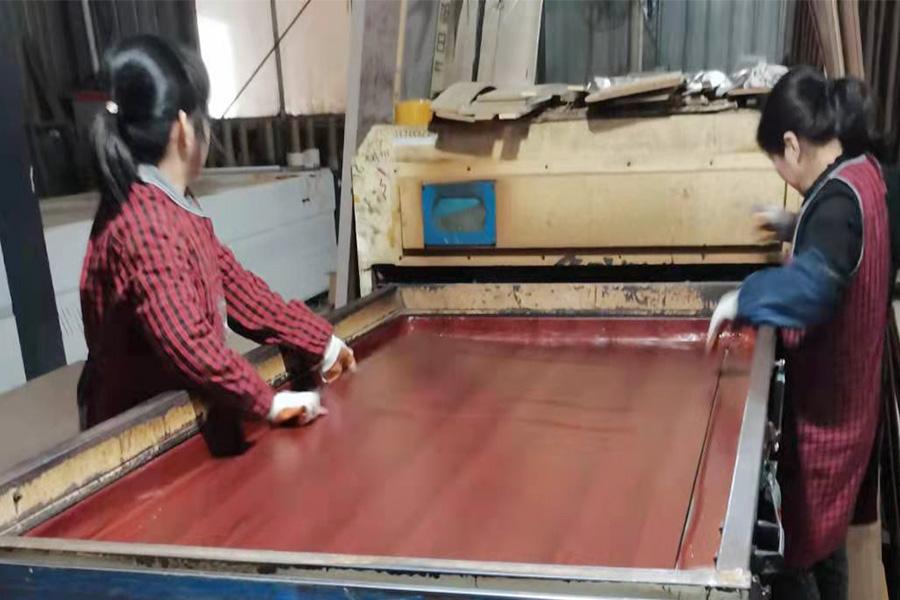In recent years, the demand for innovative and durable interior doors has grown significantly. Among the various options available, WPC Door has emerged as a notable choice for both residential and commercial spaces. WPC, or Wood Plastic Composite, combines wood fibers and plastic materials to create a product that offers unique benefits compared to traditional wood doors.
One of the primary benefits of WPC doors is their resistance to moisture and humidity. Unlike conventional wooden doors, which can warp or swell when exposed to water, these doors maintain their shape and structural integrity even in damp environments. This characteristic makes them ideal for kitchens, bathrooms, and basements. The water-resistant nature of WPC solid doors helps reduce maintenance, ensuring long-term durability.

Durability is another important feature of WPC Doors. The composite materials used in these doors provide enhanced strength, making them less prone to cracking, splitting, or deforming. This durability contributes to a longer lifespan compared to many other door types. Additionally, WPC Doors are generally termite-resistant, which is a valuable quality in regions where wood-boring insects pose a threat. The resilience of WPC solid door products means homeowners and businesses can expect consistent performance under regular use.
WPC Doors also offer considerable design flexibility. The manufacturing process allows for various textures, colors, and finishes that can mimic the look of natural wood or offer contemporary styles. This versatility makes WPC solid door an attractive option for interior designers and homeowners seeking to match doors with different décor themes. Whether the goal is a classic wooden appearance or a sleek modern finish, WPC Doors can be customized to meet those aesthetic requirements.
From an environmental perspective, WPC Doors present an interesting choice. The production of these doors often incorporates recycled materials, reducing waste and the demand for virgin wood. Moreover, the durability of WPC solid door products means fewer replacements over time, which can contribute to lower resource consumption overall. Choosing WPC Doors aligns with a growing preference for sustainable building materials that balance performance with ecological considerations.
The installation and maintenance of WPC Doors are generally straightforward. The material’s stability allows for easier cutting and fitting during installation compared to some natural wood doors, which may require more care to avoid damage. After installation, WPC Doors typically require less upkeep, such as occasional cleaning with mild detergents to keep surfaces looking fresh. This ease of care is appealing to busy homeowners and property managers who seek durable solutions without extensive maintenance demands.
Despite these advantages, it is important to select high-quality WPC Doors from reputable manufacturers to ensure the benefits are fully realized. The quality of the composite materials, manufacturing techniques, and finishing processes all impact the door’s performance and appearance. Proper installation by experienced professionals also plays a crucial role in increasing the door’s durability and aesthetic appeal.
Our WPC Doors provide a practical and attractive option for modern interior design. Their moisture resistance, durability, design flexibility, and environmental benefits make them suitable for a variety of spaces and styles. The WPC solid door combines functional performance with visual appeal, supporting both residential and commercial needs. As interest in innovative and sustainable building materials grows, WPC Doors continues to demonstrate its value in the evolving market of interior decoration materials.

 English
English 中文简体
中文简体